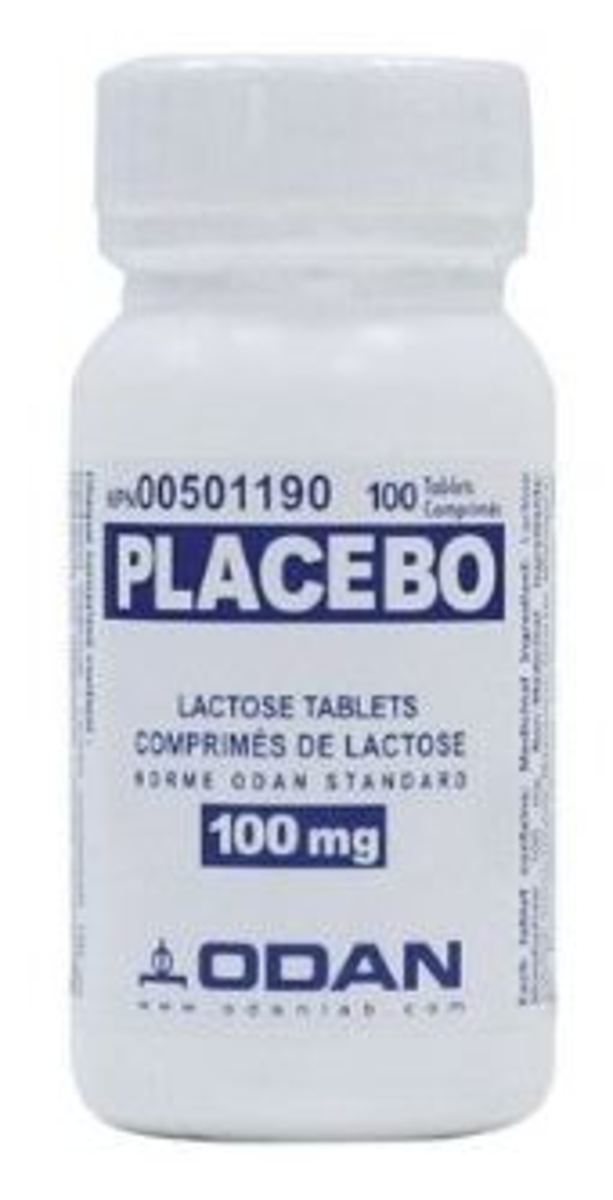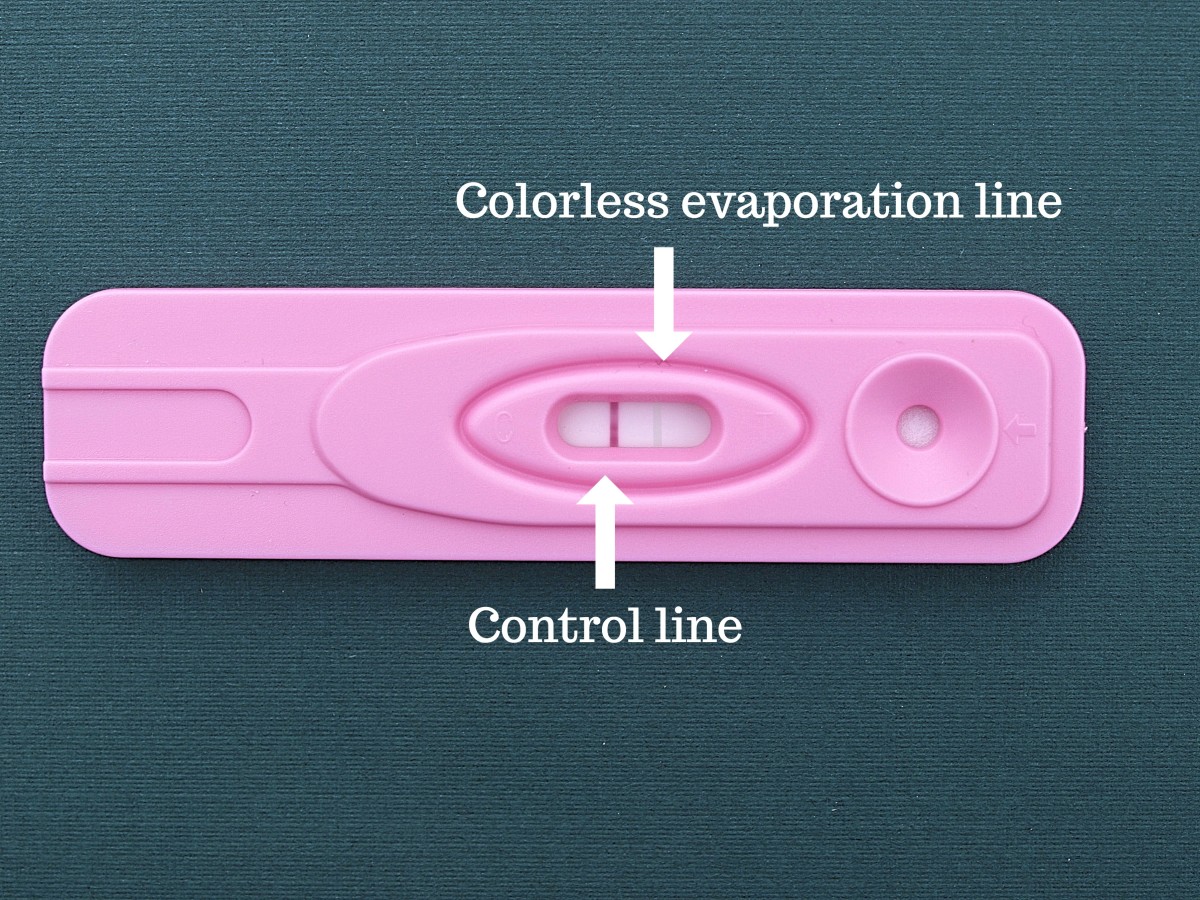Fibromyalgia Medications and Pregnancy

I am not a doctor. The following is a compiled list of medical studies done on the use of different medications during pregnancy. All the medications are commonly used to treat fibromyalgia but have other uses as well. The decision to continue a medication while pregnant is up to you and should be based on a great deal of deliberation and research.
Note: There is no medication for FMS that is completely safe during pregnancy. However, both recorded and anecdotal evidence has shown that many women have had complication-free pregnancies and healthy babies while on many of these medications. Discuss the benefits versus risk of continuing your medication with your doctor.
Anticonvulsants
What are they?
Medications used to treat and control seizures that occur in epilepsy.
How do they treat FMS?
Experts do not know how exactly anticonvulsants treat chronic pain, but what they do know is that they work. They may work by blocking pain signals from the central nervous system.
Anticonvulsants and pregnancy studies:
- Babies born to mothers exposed to antiepileptic drugs (AEDs) are at increased risk for major congenital malformations, cognitive impairment and fetal death - Read more here.
- Safety issues appear to be favorable for lamotrigine, and preliminary results are also promising for levetiracetam and oxcarbazepine. - Read more here.
- Among live-born infants in Denmark, first-trimester exposure to lamotrigine, oxcarbazepine, topiramate, gabapentin, or levetiracetam compared with no exposure was not associated with an increased risk of major birth defects. - Read more here.
Medications:
Lyrica (Pregabalin):
Class C. No human studies have been done. Animal trials show risk.
Neurontin (Gabapentin):
Class C. No human studies have been done. Animal trials show risk.
Dopamine Agonist
What are they?
Dopamine agonists synthesize the effect dopamine has on the brain.
How do they treat FMS?
Dopamine is one of the body’s natural pain killers. Some believe that the characteristic FMS pain may be due in part to a lack of dopamine.
Medications:
Mirapex (Pramipexole):
Class C. No human studies have been done. Animal trials show risk.
Expectorant
What are they?
A medication that thins phlegm or mucus, most often used to treat the common cold.
How do they treat FMS?
“It is capable of acting as a skeletal muscle relaxant.” - view citation.
Medications:
Guaifenesin:
Class C. No human studies have been done.
Studies:
Little evidence supports or refutes the safety of guaifenesin - Read more here.
Muscle Relaxants
What are they?
A medication used to treat pain and stiffness in the muscles.
How do they treat FMS?
Taken at night to improve sleep quality.
Medications:
Flexeril (Cyclobenzaprine):
No human studies have been done. Flexeril is categorized as Class B by the FDA. It is considered safe for humans during pregnancy.
Narcotics
What are they?
A medication, usually opioids, that affects the pain receptors in the brain to relieve pain.
How do they treat FMS?
They relieve some of the pain of FMS in the short term.
Medications:
Tramadol:
Class C. Considerable risk.
Tylenol 3 (Tylenol with codeine #3):
Class C. Acetaminophen is considered safe for humans during pregnancy. Codeine shows considerable risk.
SSRI and SSNRI Antidepressants
What are they?
Medications that change the balance of serotonin in the brain by blocking it’s reabsorption.
How do they treat FMS?
It is not certain how these medications affect fibromyalgia pain. It may be caused by the increase of serotonin and norepinephrine the medication causes, this may help to control pain signals.
SSRIs and SSNRIs and pregnancy studies:
- Our finding that nearly 8% of pregnant women were prescribed antidepressants drugs during the years 2004 and 2005 highlights the importance of understanding the effects of these medications on the developing fetus and on the pregnant woman. - Read more here.
- As a group, the newer antidepressants are not associated with an increased risk of major malformations - Read more here.
- There is an increased prevalence of septal heart defects among children whose mothers were prescribed an SSRI in early pregnancy, particularly sertraline and citalopram. - Read more here.
- The new SSRIs, fluvoxamine, paroxetine, and sertraline, do not appear to increase the teratogenic risk when used in their recommended doses. - Read more here.
Medications:
Cymbalta (Duloxetine):
(SSNRI antidepressant)
Class C. May cause harm to fetus if taken in the last three months of pregnancy.
- Our data suggest that duloxetine may be used in pregnancy and lactation for selected patients in whom other antidepressants have not been successful. - Read more here.
- No developmental toxicity or other signs of toxicity were observed in an infant exposed to duloxetine during the second half of gestation and during breast-feeding in the first 32 days after birth. - Read more here.
(SSRI antidepressant)
Class C. May cause harm to fetus if taken in the last three months of pregnancy.
- The risk of persistent pulmonary hypertension of the newborn is low, but use of SSRIs in late pregnancy increases that risk more than twofold. - Read more here.
Paxil (Paroxetine):
(SSRI antidepressant)
Class D. Positive evidence of risk.
The only factor retained in the model and found to be associated with respiratory distress in the newborn was exposure to paroxetine in the third trimester - Read more here.
Prozac (Fluoxetine):
(SSRI antidepressant)
Class C. May cause harm, especially in the last three months of pregnancy.
- This study suggests a possible association between cardiovascular anomalies and first-trimester exposure to fluoxetine. - Read more here.
- Our study suggests that the use of fluoxetine during embryogenesis is not associated with an increased risk of major malformations. - Read more here.
Venlafaxine:
(SSNRI antidepressant)
Class C. May cause harm to fetus if taken in the last three months of pregnancy.
- This study suggests that use of venlafaxine during the second trimester of pregnancy may increase the risk of infants born [small gestational age]. - Read more here.
- Premature infants could be more susceptible to the effects of selective serotonin reuptake inhibitors and venlafaxine. - Read more here.
Tricyclic antidepressants
What are they?
A mediation that changes the levels of one or more neurotransmitters in the brain.
How do they treat FMS?
They work to improve mood and lower pain signals. It is not known exactly why they relieve chronic pain.
Tricyclic antidepressants and pregnancy studies:
- Prescription of TCAs to women of reproductive age is quite frequent, and there has been no apparent decline in prescriptions in recent years. - Read more here.
- As a group, antidepressant use in the first trimester of pregnancy is not associated with an increased risk for major malformation above the baseline. - Read more here.
- The tricyclic antidepressants and fluoxetine (Prozac) appear to be free of teratogenic effects - Read more here.
-
Our study does not show adverse cognitive, language, or temperament effects on offspring exposed throughout gestation to tricyclic antidepressants or fluoxetine - Read more here
- Maternal exposure to antidepressants may be associated with increased risk for [spontaneous abortion]; however, depression itself cannot be ruled out. - Read more here.
- These data do not support an association between duration of antidepressant use during the first trimester of pregnancy and major congenital malformations in the offspring - Read more here.
Medications:
Elavil (Amitriptyline):
Class C. No human studies have been done. Animal trials show risk.
Nefazodone (Serzone):
Class C. No human studies have been done. Animal trials showed risk.
Nortriptyline:
Class N. Not categorized.
Sinequan (Apo-Doxepin):
Class N. Not categorized.








